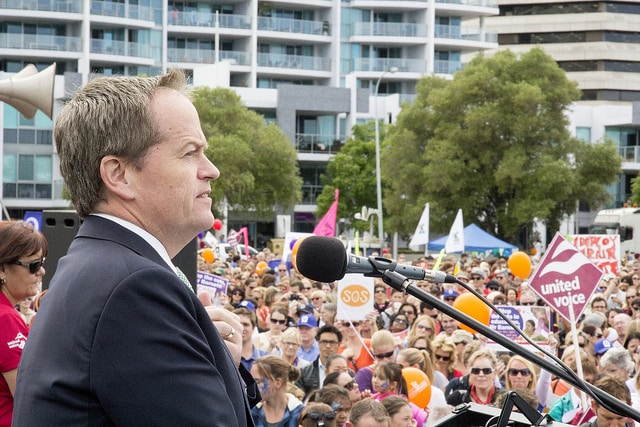A Self-managed superfund (SMSF) is hard work, but it provides you with freedom and control when it comes to your retirement savings. You’ve paid your taxes throughout your career and are looking forward to luxurious adventures in the work-free decades ahead. However, under Labor’s proposed reforms to the imputation system, a portion of that retirement revenue could be under threat. Labor’s proposed reforms would mean that some self-directed investors who currently claim a cash refund on unused imputation credits will no longer be able to do so.
Understanding the Current Imputation System
Based on the current Australian Taxation Office’s definition, the imputation system enables corporations to distribute profits to shareholders and ensure that company profits don’t get taxed twice. When a company pays a dividend to shareholders, a company can, if they wish, pass on the credits for the tax. This is called “franking” the distribution. Those credits are in turn called franking credits or imputation credits.
How Franking Credits Work for SMSFs
Currently, franking credits are used to reduce tax bills and, in some instances, can be a source of additional cash revenue for some SMSFs. If an SMSF has a larger tax liability than the volume of imputation credits, then the credits can be used to lower the tax owed. If the tax liability is lower than the volume of franking credits, then people can cash in unused imputation credits and receive a cash refund.
Labor’s Proposed Changes to the Imputation System
Federal Labor is proposing to remove the cash refund component should they get elected. However, franking credits would still be utilised to offset tax liabilities. The issue lies in that those that have designed their investment strategies to maximise the tax offsets and potential cash returns available under the current system will no longer be able to “cash in” unused franking credits. The Self-Managed Super Fund Association (SMSFA) have estimated that may cut up to $5,000 of income from an SMSF retiree earning around $50,000 a year in an SMSF tax-free pension.
Potential Financial Impact on SMSFs
Based on a recent ABC article, the Parliamentary Budget Office (BPO) estimates that the proposed reforms will affect approximately 200,000 SMSFs. These funds have purposefully designed investment strategies that fully utilise the current imputation system for maximum effect. The proposed change will mean that investment strategies will now alter towards ones with demonstrated yield. Some of which, have been reported to be receiving refunds of up to $2.5 million a year.
Industry associations such as SMSFA have come out in criticism of the proposed reforms, saying that they will cause increasing uncertainty and a lack of confidence in the superannuation system. Particularly, after the significant reforms introduced on July 1, 2017.
What You Can Do to Prepare
If you are unsure about how your SMSF services might be affected by the proposed changes, feel free to contact us via email at info@carbongroup.com.au and we can do a quick assessment for you.





















